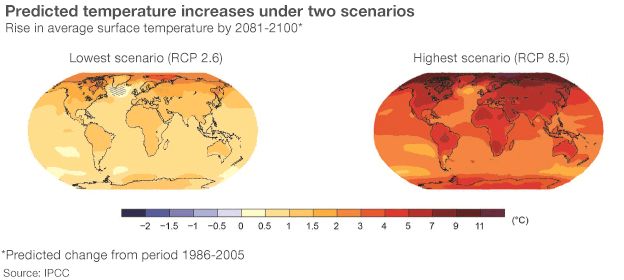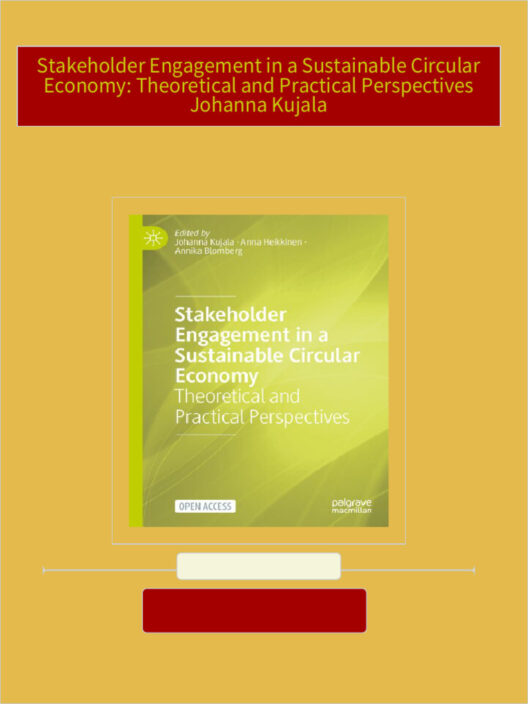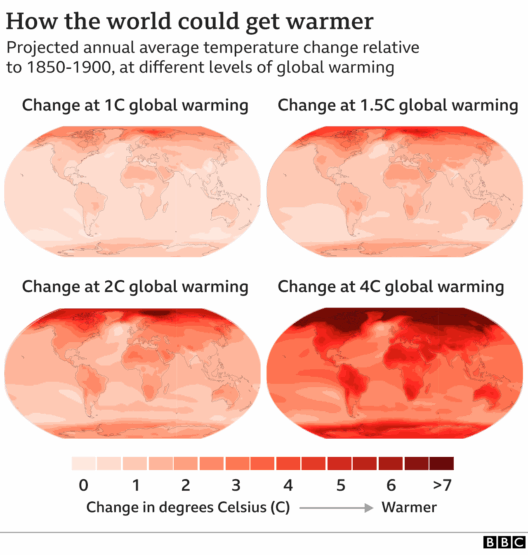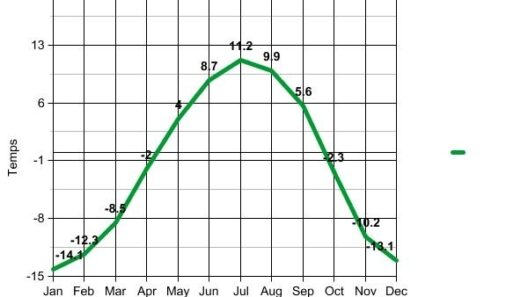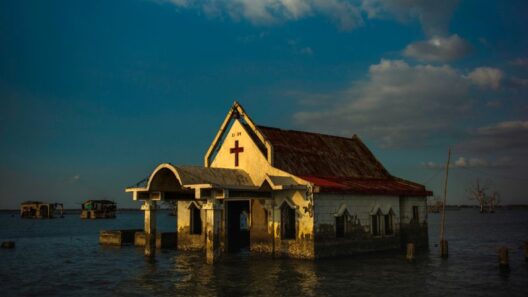Climate change is akin to a colossal boulder rolling down a steep slope, gaining momentum as it barrels forward. While some may dismiss it as a mundane phenomenon, dismissible or entirely natural, the overwhelming evidence points to one irrefutable conclusion: humans are the architects of this advancing catastrophe. This article endeavors to elucidate not only how our actions have contributed to climate change but also the mechanisms behind this unsettling transformation of our planet.
The debate surrounding human-caused climate change often emerges from a sea of misinformation, akin to weeds overshadowing a flourishing garden. However, the roots of our influence are easily discerned through comprehensive research and robust climate modeling. Evidence suggests that the greenhouse gases we emit—from carbon dioxide to methane—trap heat in the Earth’s atmosphere, effectively creating a thermal blanket that diverges from the planet’s natural equilibrium. It is this very imbalance that results in increasingly volatile weather patterns, rising sea levels, and a cascade of ecological catastrophes.
To comprehend how humans have exacerbated climate change, one must delve deep into industrial history. The advent of the Industrial Revolution heralded a monumental shift in human activity—an era characterized by accelerated consumption of fossil fuels. Factories belched thick plumes of black smoke that mingled with the atmosphere, spewing vast quantities of carbon dioxide. It was during this period that the very foundation of our environmental stability began to crumble. This industrial frenzy functioned as a double-edged sword; while it propelled humanity forward into uncharted territories of technological progress, it simultaneously unleashed a Pandora’s box of ecological degradation.
The most salient culprit within this treacherous equation is none other than carbon dioxide itself. It is pivotal to understand that CO2 concentrations in the atmosphere have risen at an unprecedented rate since the late 18th century. The National Oceanic and Atmospheric Administration (NOAA) indicates that atmospheric CO2 levels have surged from approximately 280 parts per million to over 400 parts per million today. This dramatic uptick offers irrefutable evidence that human technologies, particularly in energy production, agriculture, and deforestation, have radically altered the elemental constitution of our atmosphere.
Yet carbon dioxide is not the sole player in this environmental drama. The role of methane, a greenhouse gas with a potency 28 times greater than carbon dioxide over a 100-year period, cannot be overlooked. Methane emissions predominantly stem from agricultural practices—specifically livestock digestion and rice cultivation—as well as from the extraction, processing, and transport of fossil fuels. Thus, as a society, we have not only transformed our landscapes to satisfy dietary demands but have inadvertently escalated our contributions to climate change in the process.
Moreover, deforestation stands as another significant element within the broader narrative of human influence on climate change. Trees are often regarded as the lungs of our planet, performing the crucial function of absorbing CO2 and releasing oxygen. However, rampant logging practices and land conversion for urban development and agriculture have severely compromised these vital ecosystems. The destruction of forests not only releases previously stored CO2 but also diminishes our capacity to sequester future emissions, enhancing the greenhouse gas effect.
Nonetheless, the discourse surrounding climate change must not solely hinge on numerical data or alarming statistics. It is essential to acknowledge the profound ethical dimensions embedded within this crisis. The environmental degradation induced by human activity disproportionately affects marginalized communities, perpetuating a cycle of inequality. Vulnerable populations often lack the resources or political clout to adapt effectively to the changing environment, rendering them susceptible to the dire consequences of climate change. In many ways, this moral quandary serves as a clarion call for collective action; we are all stewards of this planet, and therefore, we bear the responsibility of safeguarding it for generations to come.
As we navigate the treacherous waters of climate change, the onus rests upon us to alter our course. Embracing renewable energy sources, such as wind and solar, can dramatically reduce our carbon footprint and help us reclaim our precarious relationship with the Earth. Furthermore, restoring degraded ecosystems, implementing sustainable agricultural practices, and curtailing deforestation must become non-negotiable priorities. The transition to a carbon-neutral future may be fraught with challenges, yet it is unquestionably achievable. Our potential to innovate and adapt is complemented by our ability to foster awareness and mobilize collective action.
In summation, the question “Did humans really cause climate change?” can be answered resoundingly in the affirmative. The intricate web of human activity—from industrial emissions to agricultural practices—has irreversibly influenced the climate. By embracing our role as custodians of this planet and actively pursuing sustainable practices, we can alter the trajectory of climate change and foster a more harmonious coexistence with our environment. The boulder may be rolling downhill, but with concerted effort, compassion, and unyielding resolve, we have the power to redirect its path toward a more sustainable future.



